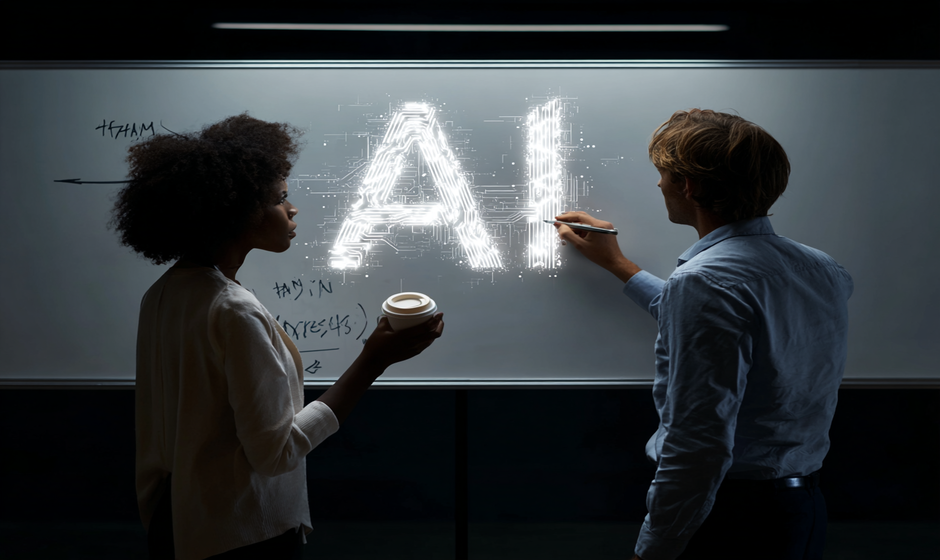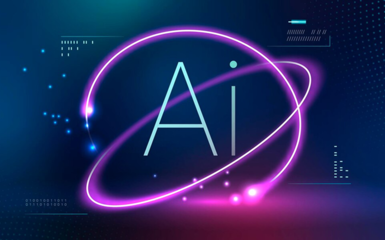Ethical challenges in the use of AI

Reading time:
minutes
With the rapid advancement of artificial intelligence (AI) as a central component of our digitalized world, the focus is shifting not only to technological developments but also to significant ethical challenges. The increasing use of AI, whether in automation or complex decision-making processes, is accompanied by a multitude of ethical concerns. These range from the potential reinforcement of prejudice and discrimination to the urgent need for transparency and accountability.
Prejudice and discrimination in the use of AI
One of the most pressing ethical challenges in the application of AI lies in the possibility that bias and discrimination may be incorporated into the algorithms. AI systems are trained on the basis of data, and if that data is biased, it can reinforce those biases and reproduce discrimination. For example, AI-driven recruitment tools could reinforce gender or ethnic biases in hiring based on historical data.
Transparency and accountability
Another ethical dilemma in the use of AI concerns transparency and accountability. AI algorithms are often complex and opaque, making it difficult to understand how they arrive at certain decisions. This lack of transparency makes it difficult to take responsibility for the results produced and increases the risk of undesirable consequences occurring without it being possible to understand the cause.
Regulations and guidelines
The question of appropriate regulations and guidelines in connection with AI use is crucial to ensuring ethical standards. There is a need to develop clear guidelines that not only promote the ethical use of AI, but also emphasize the responsibility of developers and users. Balanced regulation could help to reap the benefits of AI while minimizing ethical pitfalls.
Dealing with ethical challenges
An integrative approach is needed to overcome these ethical challenges. A multidisciplinary approach involving ethics experts, technology developers, regulatory authorities, and society is crucial to finding sustainable solutions. In Germany, there are certain legal norms that regulate the issue of copyright and content generated by artificial intelligence, but there is still no legal framework that regulates the issue of ethical standards in the teaching of artificial intelligence.
The use of artificial intelligence faces a number of complex ethical challenges. In order to realize the full potential of AI while maintaining ethical standards, it is essential to address bias and discrimination, increase transparency, promote accountability, and create appropriate regulations. The discussion on these issues should continue in order to ensure the responsible and ethical development of artificial intelligence.



